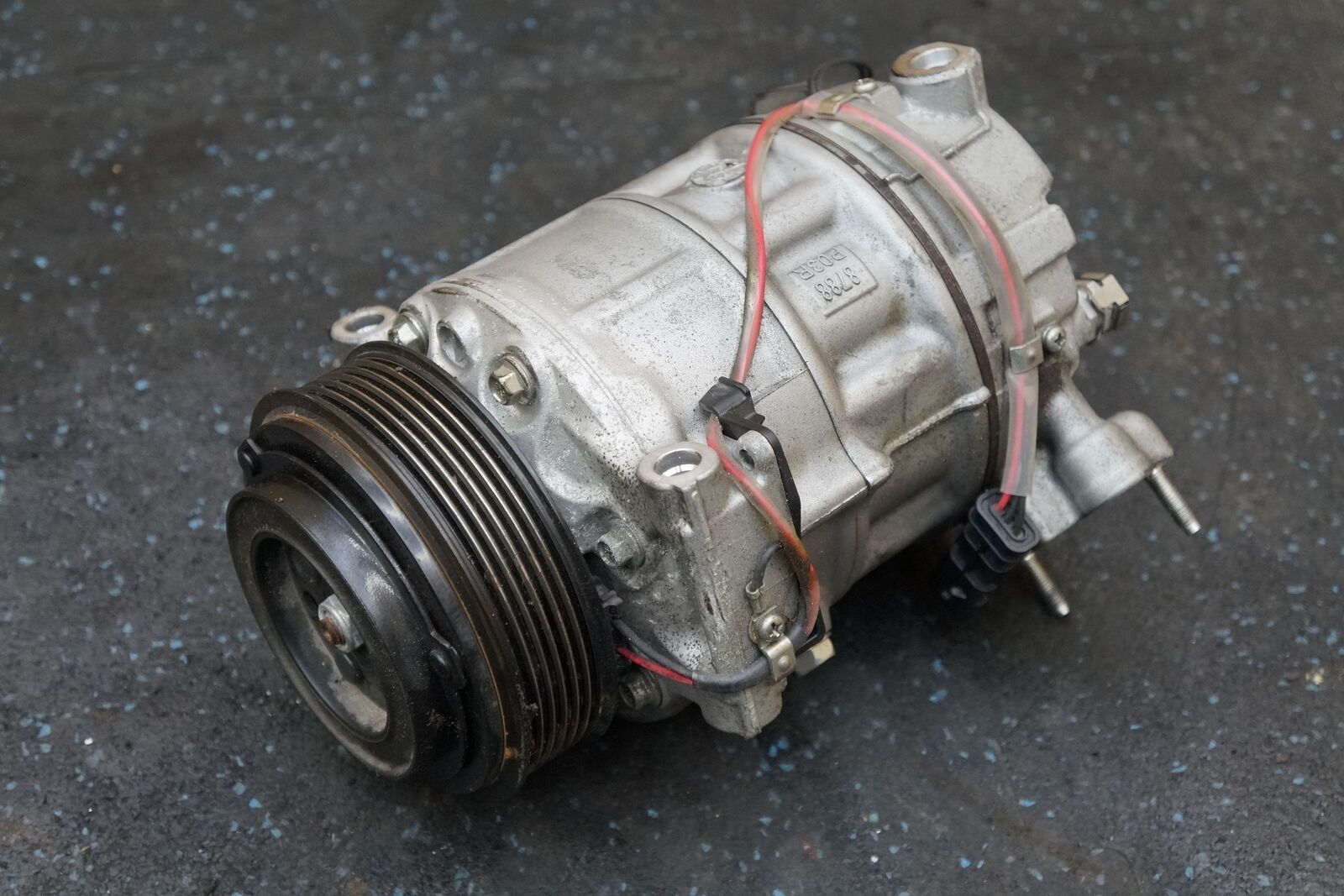As industries continue to modernize and embrace cutting-edge technology, the industrial mini PC has become a game-changer for businesses seeking compact, powerful computing solutions. These rugged, small-scale computers are designed to thrive in tough environments while offering reliable performance. But what exactly makes them different from regular mini PCs, and how can your business benefit from using one?
In this blog post, we’ll explore the unique advantages of using an industrial mini PC, share tips on how to get the most out of one, and help you decide if it’s the right fit for your company. Whether you’re in manufacturing, healthcare, or logistics, understanding how these devices work can boost your operations.
What Is an Industrial Mini PC?
An industrial mini PC is a compact, durable computer designed for use in challenging environments like factories, warehouses, or industrial settings. Unlike regular mini PCs, these models are built with ruggedized components that can withstand extreme temperatures, dust, moisture, vibrations, and even shock. Despite their small size, they offer powerful processing capabilities suitable for a wide range of applications.
Think of it as a tiny, tough computer that can fit almost anywhere while reliably handling demanding tasks, from monitoring machines to managing complex workflows.
Why Choose an Industrial Mini PC for Your Business?
1. Built to Handle Harsh Environments
The most significant advantage of an industrial mini PC is its durability. Designed to withstand harsh environments, these PCs can operate in extreme conditions where regular computers would fail. If your business operates in areas where dust, heat, or moisture are factors, an industrial mini PC ensures uninterrupted performance.
Example: Imagine you run a warehouse where the temperature fluctuates, and there’s constant dust from machinery. A standard computer may overheat or malfunction, but an industrial mini PC can keep working reliably, even in such conditions.
2. Compact Design for Space Efficiency
Space is a premium in many industrial settings, whether on a busy factory floor or inside a control room. Industrial mini PCs take up very little room, making them ideal for businesses that need powerful computing but don’t have much space to spare.
Example: If you need a PC to monitor production lines but don’t want it taking up valuable real estate on a control panel, an industrial mini PC can be mounted almost anywhere—under tables, behind displays, or in tight spaces.
3. Energy Efficient for Cost Savings
Because of their smaller size and optimized hardware, industrial mini PCs use less energy than traditional desktops. This makes them an energy-efficient choice, especially for operations where computers need to run 24/7. Over time, reduced energy consumption can lead to significant cost savings on utility bills.
Example: If you’re managing a network of machines in a factory and need a PC running at all times, opting for an industrial mini PC can help keep power costs in check, which is especially helpful in industries where multiple systems are running simultaneously.
4. Customizable and Versatile
Industrial mini PCs are highly customizable. Depending on your specific business needs, you can choose different processors, RAM, and storage options. Additionally, many models support a wide range of operating systems and can be equipped with specialized inputs and outputs, such as serial ports, USB ports, and HDMI.
Example: Let’s say you’re in charge of automating machinery. An industrial mini PC with multiple I/O ports allows you to connect it to various sensors and devices, enabling real-time monitoring and control of equipment.
Tips for Choosing and Using an Industrial Mini PC
Now that you understand the benefits of an industrial mini PC, here are some actionable tips to help you make the right choice and ensure you’re getting the most out of your investment.
1. Choose the Right Specifications for Your Tasks
Just like regular computers, industrial mini PCs come in different configurations. You’ll need to consider the processor, RAM, and storage based on the tasks you’ll be performing. If your business handles simple data logging, a lower-end model may be sufficient. But if you’re running more complex software or need to process large amounts of data, opting for a more powerful system with additional RAM is advisable.
Tip: Assess your workload and match it with the technical specifications of the mini PC. Don’t overpay for features you won’t use, but make sure the PC can handle any future demands.
2. Consider Connectivity Options
Industrial settings often require connecting computers to various other machines, devices, and sensors. Ensure the industrial mini PC you choose has the necessary ports and connectivity options. Most models come with a variety of ports, including USB, Ethernet, HDMI, and even legacy ports like RS-232 for older industrial equipment.
Tip: Make a list of the devices or machines your PC needs to connect to, and check whether the mini PC supports these connections. This will help prevent any compatibility issues down the line.
3. Ensure Proper Ventilation and Mounting
Although industrial mini PCs are designed to operate in harsh conditions, they still need proper ventilation to prevent overheating. Ensure that you mount the mini PC in a location where it can get adequate airflow. Some models come with VESA mounts, which allow them to be attached behind monitors or in other convenient locations.
Tip: Install the PC in a well-ventilated area, preferably where air can circulate freely. Avoid mounting it near heat-generating machinery, as this could reduce its lifespan.
4. Upgrade for Future-Proofing
One of the best aspects of industrial mini PCs is their ability to be upgraded. You can typically add more RAM or swap out the storage for an SSD, which can increase performance as your business’s needs grow. While the initial setup might meet your current requirements, it’s wise to choose a model that allows for future expansion.
Tip: Consider choosing an industrial mini PC that offers easy access to internal components for upgrades. This can save you money and time in the long run, especially as your business evolves.
5. Regular Maintenance is Key
Even though industrial mini PCs are built tough, they still require occasional maintenance to keep running smoothly. Regularly checking and cleaning the ventilation systems to remove dust, ensuring connections are secure, and updating software are small tasks that can go a long way in maintaining performance.
Tip: Set up a routine maintenance schedule for your industrial mini PCs, just like you would for your other machinery. This will help prevent unexpected downtime and prolong the life of the device.
Applications of Industrial Mini PCs in Various Industries
The versatility of industrial mini PCs makes them an excellent choice for many industries. Here are a few examples of how different sectors use these powerful devices:
- Manufacturing: Industrial mini PCs are commonly used to monitor production lines, control machines, and collect data from sensors.
- Healthcare: In hospitals and clinics, these PCs can power medical equipment or serve as data terminals for patient records, where reliability is crucial.
- Retail and Logistics: In warehouses or distribution centers, they help manage inventory, streamline shipping processes, and integrate with barcode scanners.
- Security and Surveillance: Industrial mini PCs are often used to power surveillance systems due to their durability and ability to operate continuously in various environments.
Conclusion: Is an Industrial Mini PC Right for Your Business?
An industrial mini PC is a robust, space-saving, and cost-efficient computing solution that offers incredible benefits for businesses in various sectors. From handling extreme environments to running 24/7 with low energy consumption, these powerful devices are built to last and adapt to your evolving needs.
By considering your business’s specific requirements and following the tips shared above, you can make the most out of an industrial mini PC, enhancing productivity and ensuring smooth operations.



